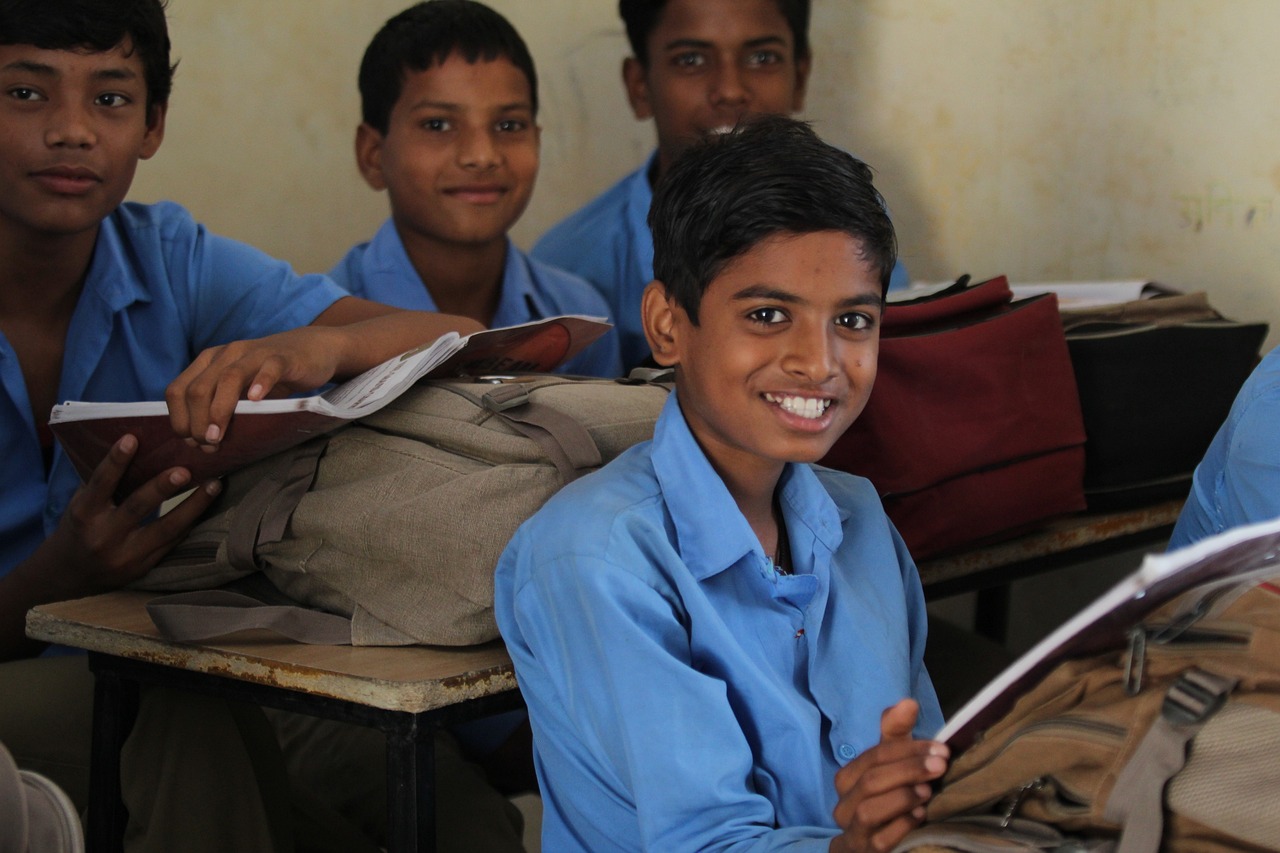Education has always been a cornerstone of societal progress, but in recent years, the school curriculum has become a hotly debated issue. Parents, educators, and policymakers are grappling with what should and should not be included in the classroom. While some argue that specific topics are vital for preparing students for the real world, others believe these lessons are either inappropriate, politically biased, or not essential for academic success. The controversy surrounding school curricula raises the question: What exactly are schools teaching our children, and how does it shape their view of the world?
The Battle Over History and Social Studies
One of the most contentious areas in education today is teaching history, particularly around issues such as race, gender, and national identity. For years, educators have debated how to approach sensitive topics like slavery, colonialism, civil rights movements, and the treatment of marginalized communities. In the wake of movements like Black Lives Matter and the global push for gender equality, the teaching of these subjects has become even more polarized.
A more inclusive curriculum that includes diverse perspectives on historical events better reflects the complexities of the past and helps foster a more tolerant, empathetic society. Proponents say teaching about systemic racism, colonial oppression, and gender inequality is necessary for students to understand current social issues and participate in discussions about justice and equality.
However, opponents argue that such topics are often presented in a politically charged or one-sided way, skewing students’ perceptions of history. They contend that schools should focus more on teaching facts and not impose ideological viewpoints. These critics also argue that discussing race and gender at a young age may be inappropriate or too complex for children to comprehend fully and that schools should emphasize traditional subjects like mathematics, science, and literature.
The Inclusion of Sex Education
Another area of controversy in school curricula is sex education. While the purpose of sex education is to provide students with the knowledge and skills to make informed decisions about their health and relationships, the content and age at which it is introduced is fiercely debated.
In some regions, sex education is comprehensive and includes topics like consent, sexual orientation, and gender identity. Supporters of comprehensive sex education argue that it promotes inclusivity, reduces stigma, and prepares students for healthy relationships. They believe it is essential to address these topics early to protect students from misinformation and potential harm.
However, critics of comprehensive sex education assert that it goes too far and infringes on parental rights to decide when and how to discuss such issues with their children. They often argue that introducing topics such as LGBTQ+ issues or contraception in elementary or middle school is inappropriate and can lead to confusion. Some feel these discussions should be left to parents or faith-based organizations rather than being taught in schools.
The Role of Technology in Education
Technology in the classroom is another increasingly controversial issue. With the rise of digital learning tools, some parents and educators worry that children spend too much time in front of screens, leading to decreased face-to-face interaction and critical thinking skills. Others fear that students may be exposed to inappropriate content or online predators while using school-issued devices.
However, advocates for technology in education point to its benefits, including personalized learning, access to a wealth of resources, and the ability to connect with peers and educators globally. In an increasingly digital world, proponents argue that technological literacy is essential for students to succeed in the workforce. The challenge lies in ensuring that technology is used appropriately and in ways that enhance, rather than hinder, the educational experience.
The Push for STEM Education
In contrast to debates over social studies and sex education, there is broad consensus on the importance of STEM (Science, Technology, Engineering, and Math) education. As global economies become more driven by technology and innovation, STEM subjects are seen as essential for preparing students for future careers in rapidly evolving fields.
While there is general agreement that STEM skills are essential, some argue that the push for STEM may come at the expense of the arts, humanities, and social sciences. Critics suggest that overemphasizing STEM education may limit students’ ability to think critically and understand the human condition. Balancing STEM education with a well-rounded curriculum that includes the arts and social sciences is key to nurturing well-rounded, thoughtful individuals.
Conclusion
What schools should teach is complex, and the controversies surrounding modern curricula reflect the challenges of balancing educational goals with societal values. While some advocate for a more inclusive and comprehensive approach that addresses social issues, others argue for a return to traditional subjects and teaching methods. As the world continues to evolve, so will the debates over what students need to know. The challenge will be to equip students with the knowledge, skills, and values they need to thrive in an ever-changing world without compromising their ability to think critically and independently.




